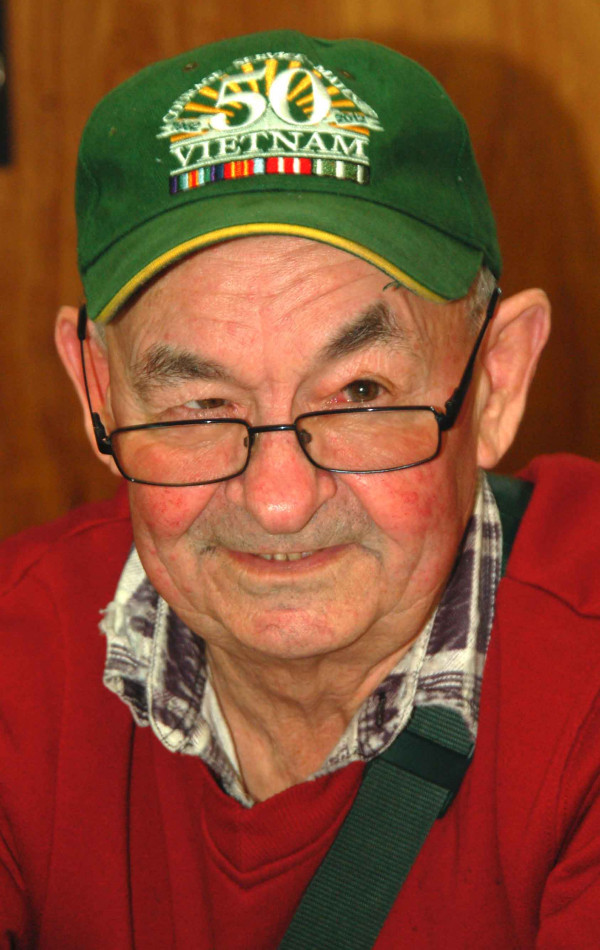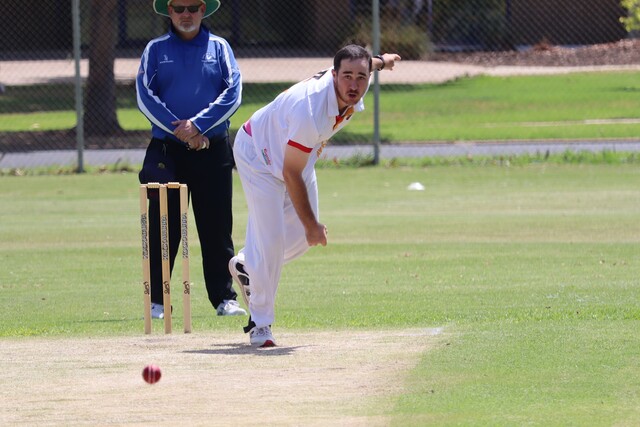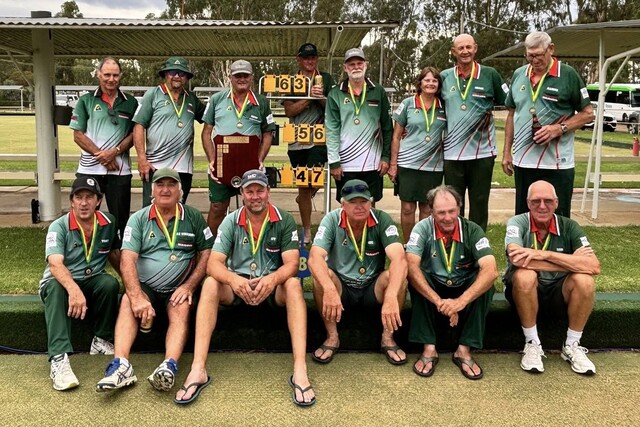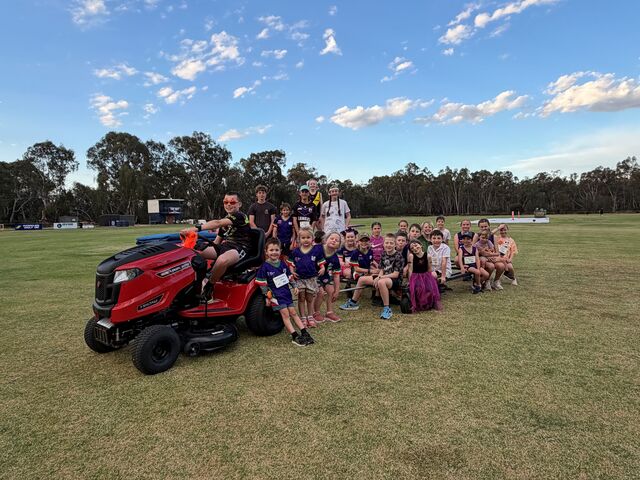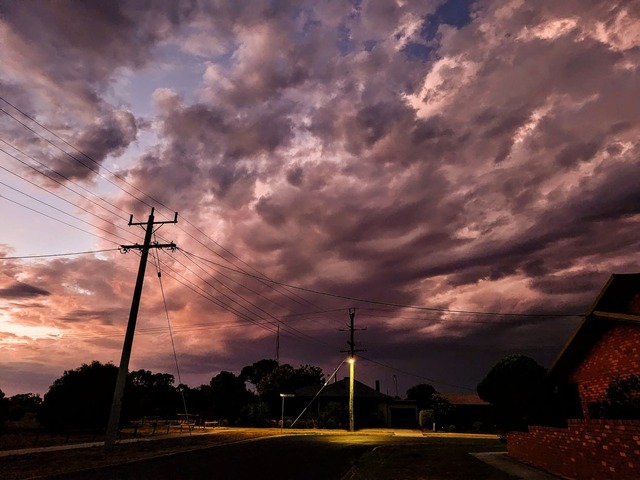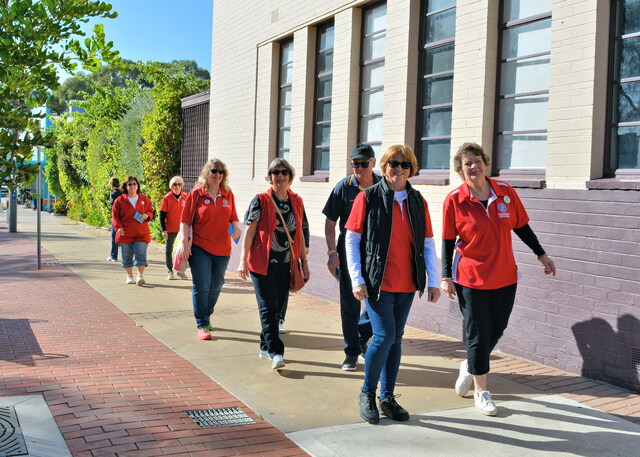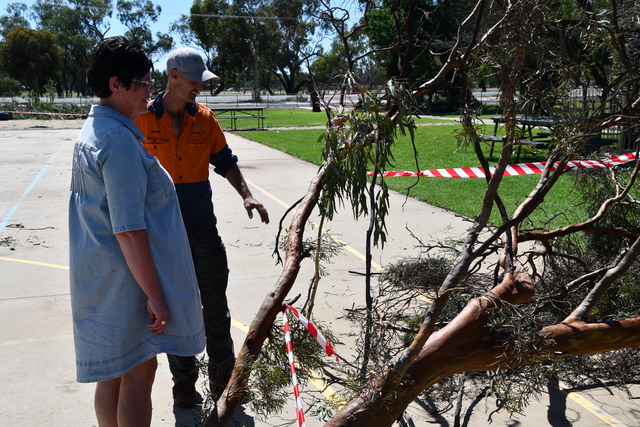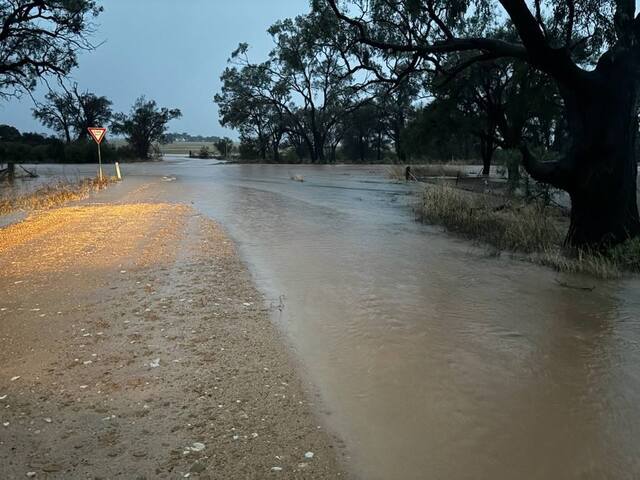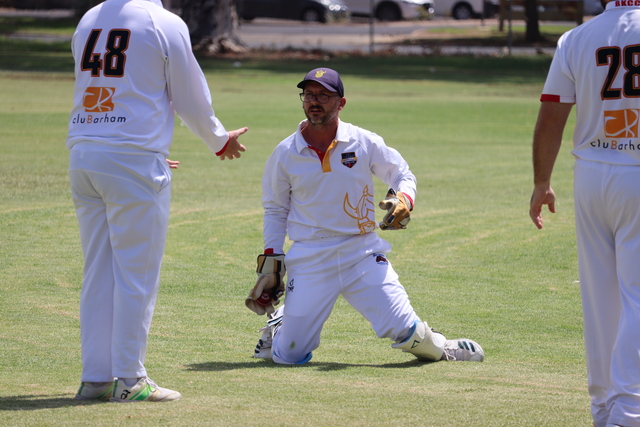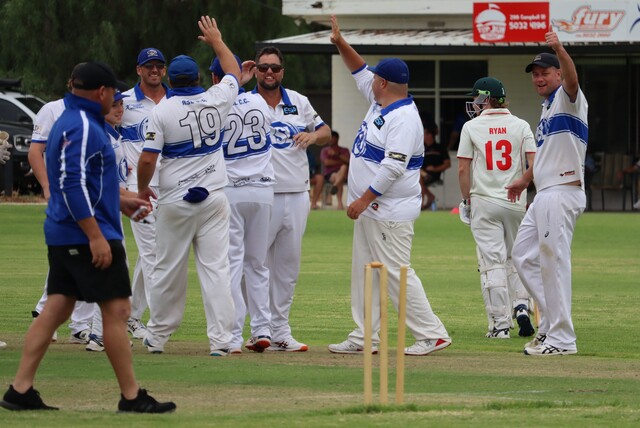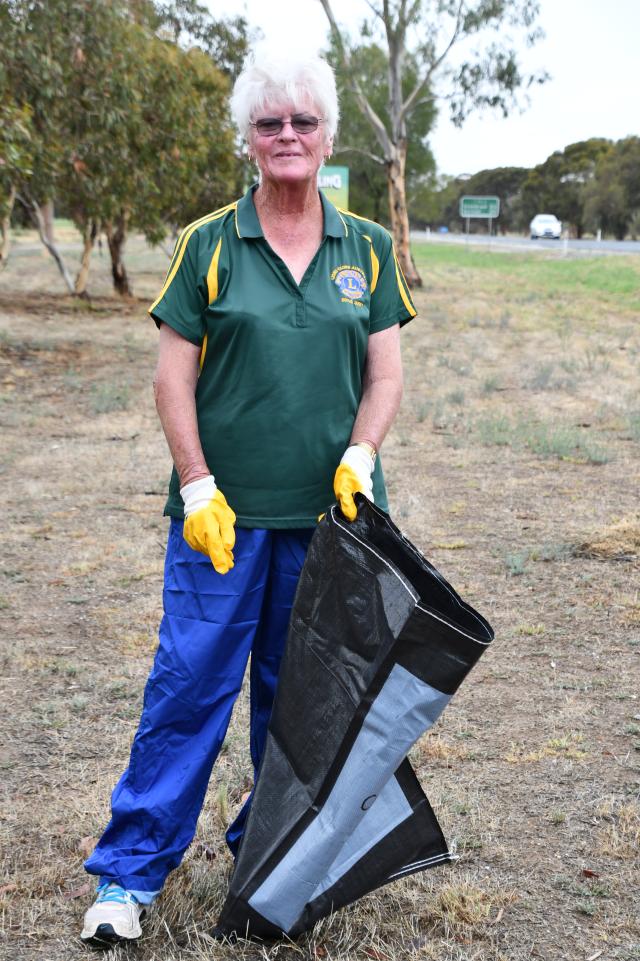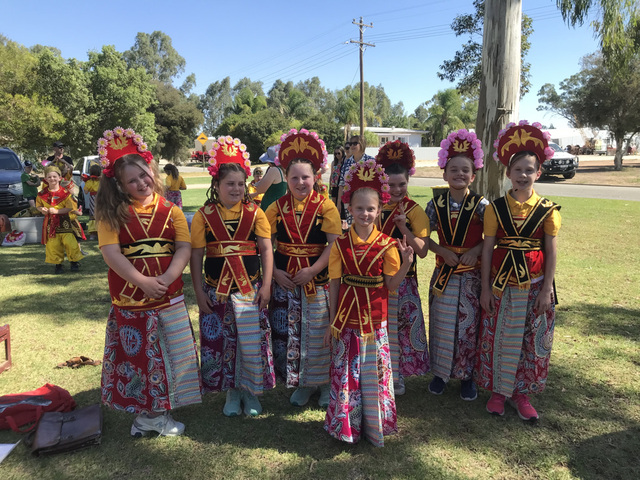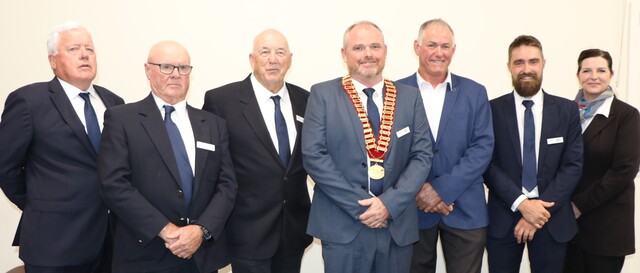
OLD soldiers avoid talking about war.
It doesn’t matter what conflict they were involved in, they find it difficult to relate their experiences to those who weren’t there.
Families of World War One veterans remember their loved ones steering clear of such conversations; most of the remaining World War Two veterans are equally reluctant.
The same applies to the Vietnam War.
Brian “Didi” Cadusch agrees that he “clams up” when the subject of war is broached.
Although quiet by nature, the Kerang resident was able to open up when he was reunited with his remaining wartime mates in Melbourne yesterday for Vietnam Veterans Day commemorations.
Mr Cadusch was just 20 when he was chosen through the “birthday ballot” to undertake military training.
Under the National Service Scheme, 20-year-old men were required to register with the Department of Labour and National Service, they were then subject to a ballot which, if their birth date was drawn, meant the possibility of two years of continuous full-time service in the regular army, followed by three years part-time service in the Army Reserve.
As part of their duty, national servicemen on full-time duty were liable for “special overseas service” including combat duties in Vietnam.
Ten weeks of basic training at Puckapunyal Army Base was followed by six months’ training as a signaller before Mr Cadusch was deployed to the Nui Dat Australian base in South Vietnam as a signaller with the 104 Signals Squadron.
He spent 12 months from April 1970, involved with radio and telegraph signalling.
The unpopularity of this conflict amongst many people back home had a lasting impact on returning soldiers, who received no welcome home parades and had to find their way home.
“I was flown home at night and had to find my own way home. There was no-one to meet us and I had to find somewhere to stay overnight,” he said.
“The next day I caught the red rattler (train) home.”
Mr Cadusch said before he left for Melbourne that he would catch up with mates for a chat and enjoy a few beers with them.
He was one of about 30 young men who left this district to serve in Vietnam.

